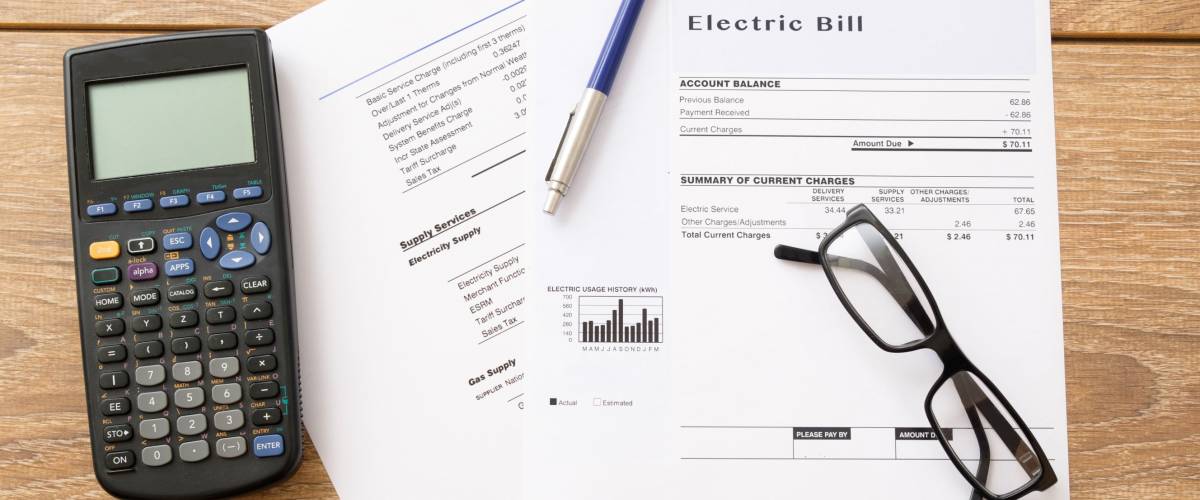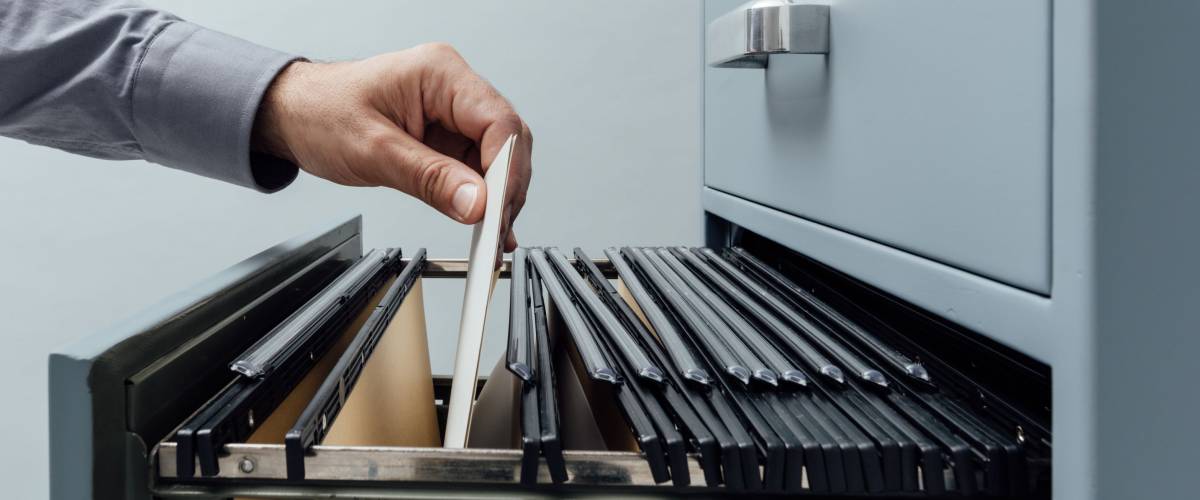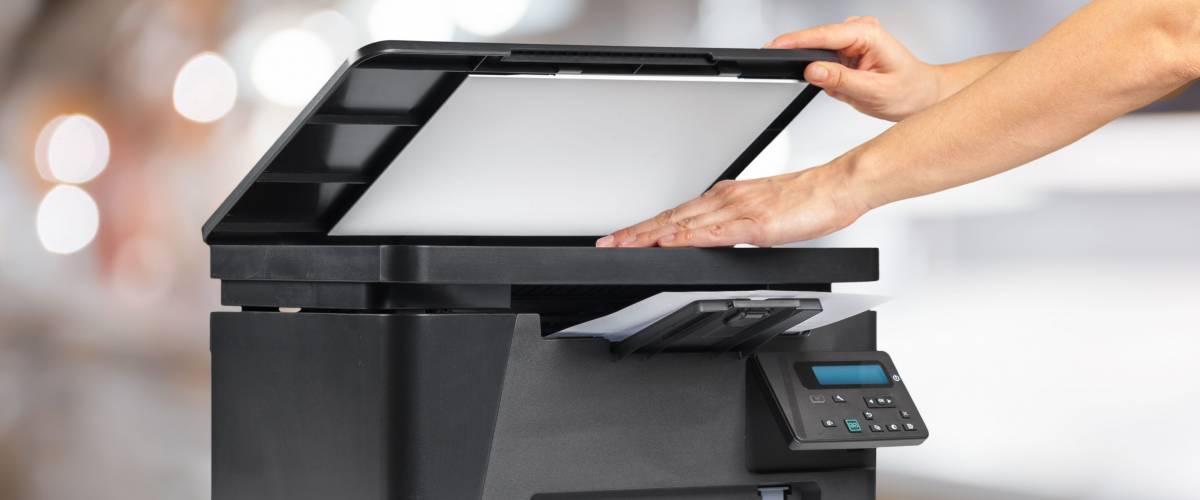However, neither method is very efficient or helpful when you’re looking for that one important document.
The key to conquering the clutter is knowing which records to keep and which to toss. Here’s a quick and foolproof guide.
Keep these records for a short time

Hold onto paid and unpaid bills for at least a month
You should hold onto all bills (paid or unpaid), receipts and banking records (such as deposit slips and withdrawal receipts) for at least a month.
This paperwork might come in handy in case there are any discrepancies.
For example, if your lender claims you're a month behind on your mortgage, a bank statement — showing the check to the lender was cashed — can be used to show you paid. If your bank claims your $200 deposit was for only $100, your deposit slip can end the debate.
Empower your investments with Qtrade
Discover Qtrade's award-winning platform and take control of your financial future. With user-friendly tools, expert insights, and low fees, investing has never been easier.
Start Trading TodayThe best way to store short-term records

Organize these records in a safe place and shred them before tossing them
Since these documents often contain sensitive information, it's important to store them in a secure place safe from prying eyes.
And once it's time to get rid of them, shred the documents to protect yourself from the risk of identity theft.
Many utility and credit card companies offer electronic billing statements. If you're computer savvy, this is a great option because the electronic documents can be accessed forever and decrease the number of papers you'll need to sort and shred.
Keep these records for a long time

Store these records for a long time
Loan papers are the most common documents that need to be saved for the long haul. Whether it's a mortgage, a car loan or a loan for furniture, it's important to keep all of the original documents until the loan is paid in full.
Insurance papers also should be saved for a long time. Life insurance paperwork is best kept in an easy-to-find location so your family can access it if you pass away.
As for tax returns, they should be kept at least seven years. That's how long the Internal Revenue Service can audit your taxes. If you're audited, you'll be glad you still have your returns on hand.
Unexpected vet bills don’t have to break the bank
Life with pets is unpredictable, but there are ways to prepare for the unexpected.
Fetch Insurance offers coverage for treatment of accidents, illnesses, prescriptions drugs, emergency care and more.
Plus, their optional wellness plan covers things like routine vet trips, grooming and training costs, if you want to give your pet the all-star treatment while you protect your bank account.
Get A QuoteThe best way to store long-term records

Scan, save and back up your most important records
Retaining an important document is meaningless if you can't find it when you need it.
A filing cabinet is a nice way of organizing your paperwork. But a greener, more efficient method is to scan important financial documents to a secure file on your computer.
Name each document clearly so it’s easy to locate. Consider making multiple folders within your digital file to keep things organized. ("Mortgage" folder, "Life Insurance," and so on.)
Always back up your digital filing, maybe by saving your files on a USB stick that you label and store somewhere safe. With important records, computer pros often have two backups, in case the first fails.
Trade Smarter, Today
Build your own investment portfolio with the CIBC Investor's Edge online and mobile trading platform and enjoy low commissions. Get 100 free trades and $200 or more cash back until March 31, 2025.








